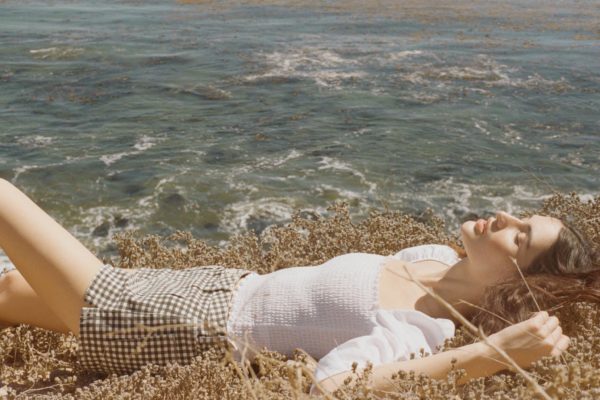I recently went scuba diving in Borneo for a few weeks to experience the great weather and diverse wildlife (humble brag).
Whilst there, we stayed at a relatively cheap eco-resort and I started to investigate the impacts of recreational diving.
I assumed like most mass tourism, it would have substantial negative impacts on the environment.
To my surprise, I actually found that diving can* be positive for the ocean for the following reasons.
*Scuba diving without care can be incredibly damaging to the marine life including diesel fuel from boats, coral reef breakage and marine life disturbance.
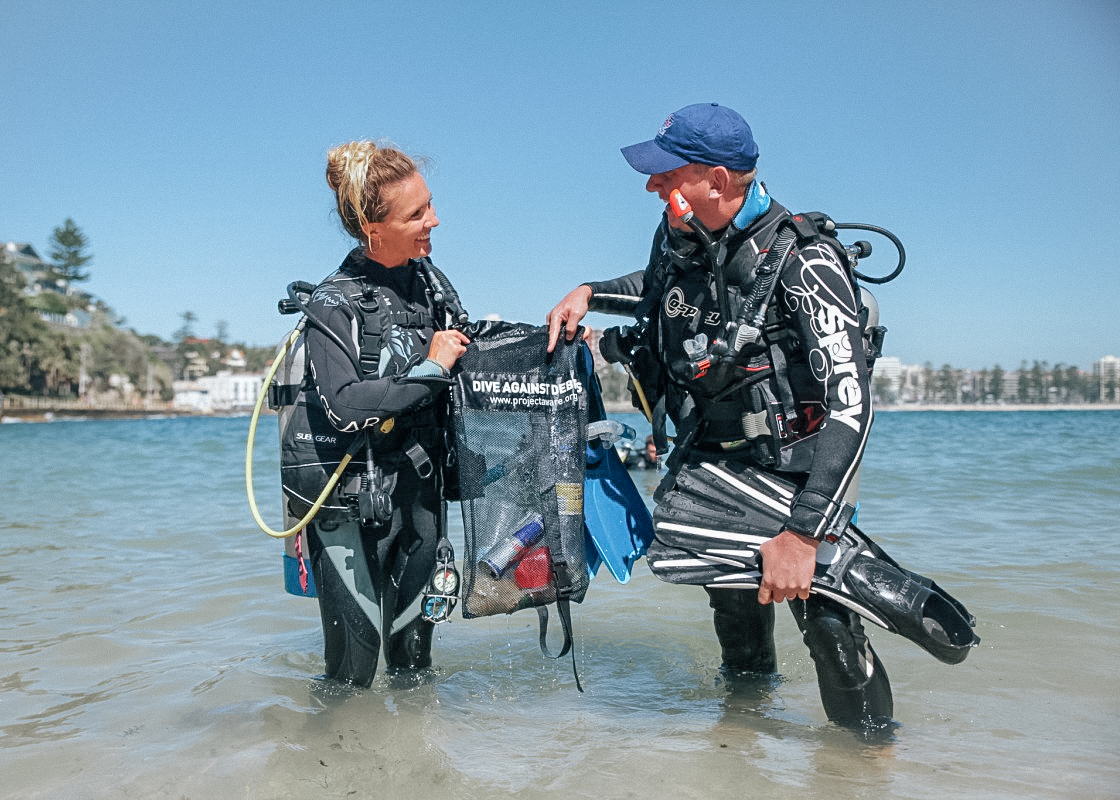
“Scuba divers are some of the strongest ocean advocates on the planet. Now, more than ever, divers are taking a stand. Speak out for conservation, share your underwater images, report environmental damage to authorities and campaign for change.” Project Aware.
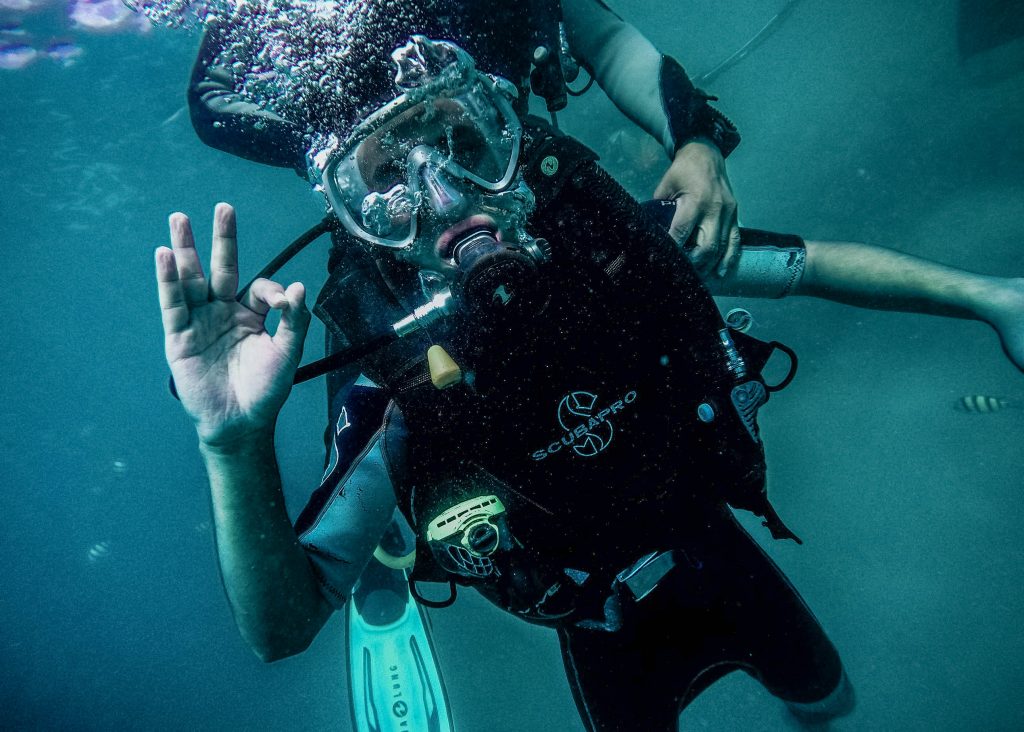
Community
Diving, like surfing, has a close community of ocean and animal lovers that want to protect and preserve the beauty of the ocean. Most divers I’ve met are environmentally aware and passionate about the ocean. For these divers, they are role models for ocean conservation and have a community that works together to protect it. PADI (Professional Association of Diving Instructors) even has a blog with over 136,000 members, dedicated to reporting on change-makers in the community. This encourages others to join forces and create change in the diving community.
https://www.facebook.com/ProjectAWAREFoundation/videos/10155140902866339/
Activism
Being able to actually see underwater and experience being with marine life is a unique and beautiful experience. Just doing it once will make you want to protect the ocean from human impacts. This is why activism is an important aspect of scuba diving.
Dive Against Debris by Project Aware is a good example of activism from the diving community. The project, launched in 2011, empowers scuba divers to remove marine debris from the ocean and contribute to data collection. Get involved by clicking on the link above.
TIP – Try to pick up litter from the ocean floor when you go diving and don’t touch any marine life.
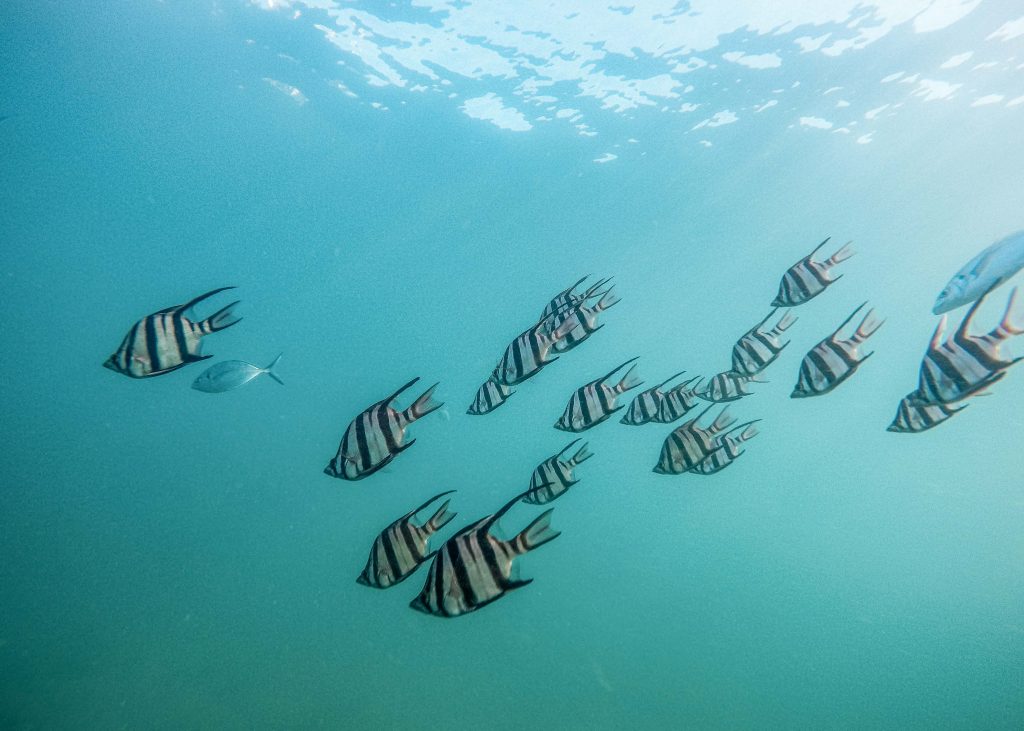
Education & Conservation
I learnt a lot from my trip diving and I was only on the island for 5 days. Scuba instructors clearly deeply care and learn about the marine life they regularly see. If it weren’t for diving, I wouldn’t have known about the diverse life living in the sea and how to potentially protect it. Areas with diving tourism also generally encourage education of the surrounding villages, including fishing practices.
One great example is Scuba Junkie in Borneo, the eco resort encourages guests to read about local environmental projects and get involved. They have a successful Turtle Hatchery on the island with an Environmental Officer, protecting nests for threatened species.
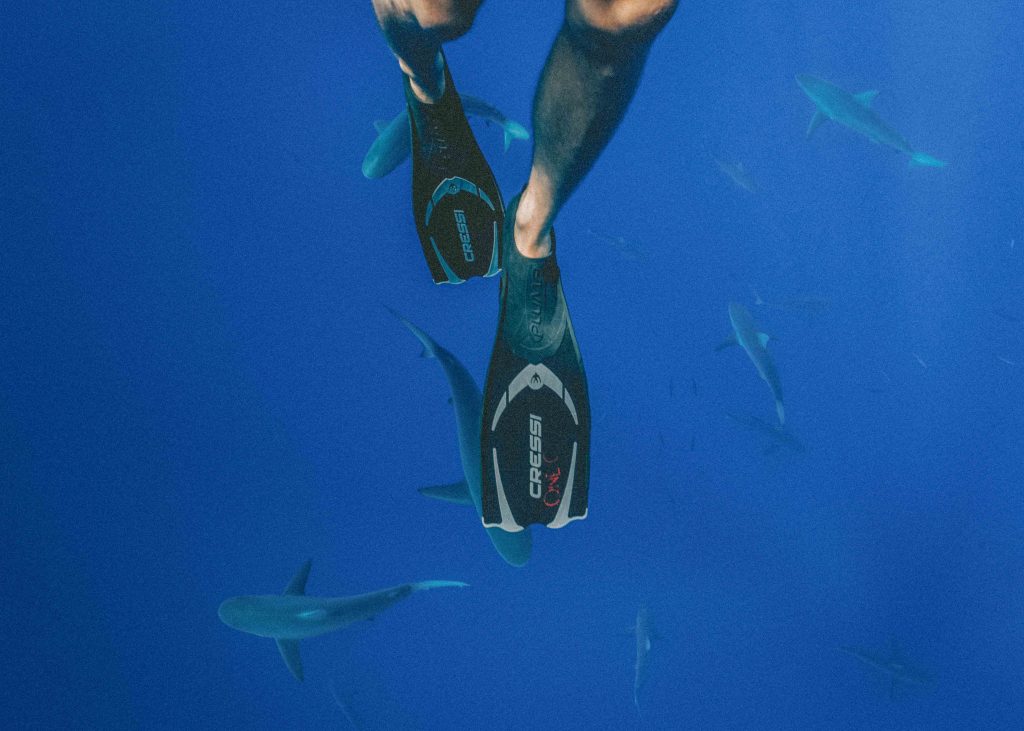
Giving Back
Tourism can be a good thing; it brings wealth and jobs into an area and can encourage conservation such as marine park status. With this in mind, research is important when choosing a dive location, holiday or company.
Eco dive resorts are dedicated to responsible social and environmental business practices such as water conservation, energy reduction and use of mooring buoys. There are further recommendations here on eco tourism.


